In the midst of escalating violence in the Gaza Strip, the Palestinian organization Hamas has agreed to a ceasefire brokered by Egypt and Qatar in an effort to restore peace. However, Israeli Prime Minister Benjamin Netanyahu has rejected the proposal, opting to continue military operations in the region.
Overnight, Israeli airstrikes targeted the southern city of Rafah in the Gaza Strip, resulting in significant destruction and loss of life. Reports indicate that at least 12 people were killed in the attack, further exacerbating the humanitarian crisis in the region. The death toll in Gaza has now surpassed 34,000, with innocent civilians bearing the brunt of the violence.
Despite ongoing ceasefire talks in Cairo, Israel's cabinet unanimously agreed to intensify military pressure on Hamas by continuing the operation in Rafah. Netanyahu justified the decision, stating that it aims to deter Hamas and apply military pressure on the organization.
Hamas, on the other hand, has expressed willingness to pursue peace through a three-phase ceasefire plan proposed by mediators. The plan involves a gradual withdrawal of Israeli troops from Gaza, the return of displaced Gazans to their homes, and the exchange of prisoners. Hamas leader Ismail Haniyeh has signaled readiness to implement the plan, emphasizing that the ball is now in Israel's court.
However, Netanyahu's refusal to accept the ceasefire agreement has raised concerns about the potential for further escalation of violence in the region. Despite assurances from mediators, including the United States, that efforts would be made to ensure the implementation of the ceasefire, Netanyahu remains steadfast in his decision.
As tensions continue to rise and casualties mount, the international community remains deeply concerned about the deteriorating situation in Gaza. Calls for an immediate cessation of hostilities and a return to the negotiating table have grown louder, with hopes of finding a peaceful resolution to the conflict.



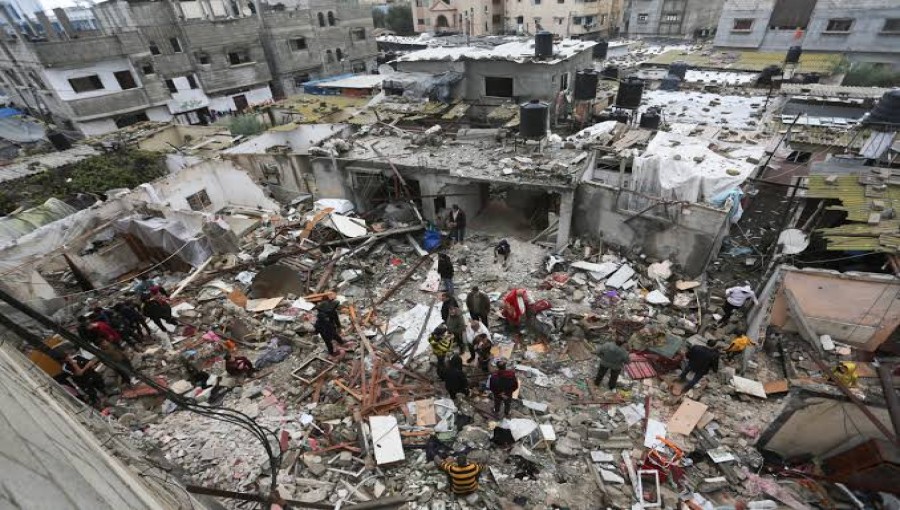
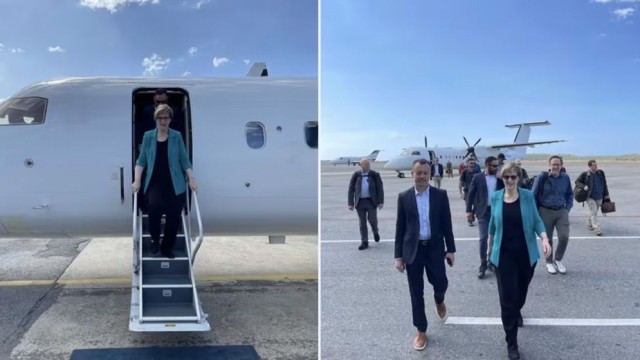
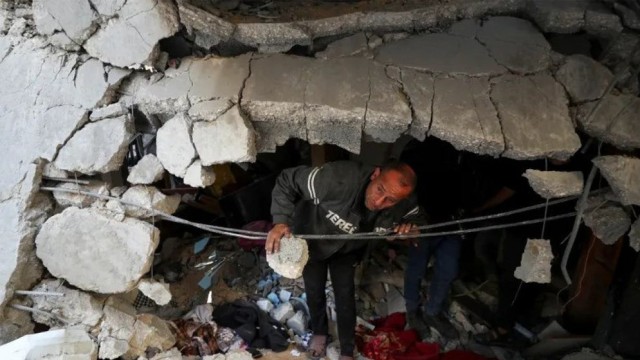


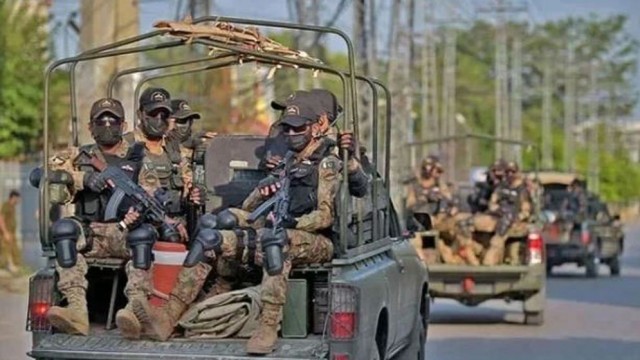




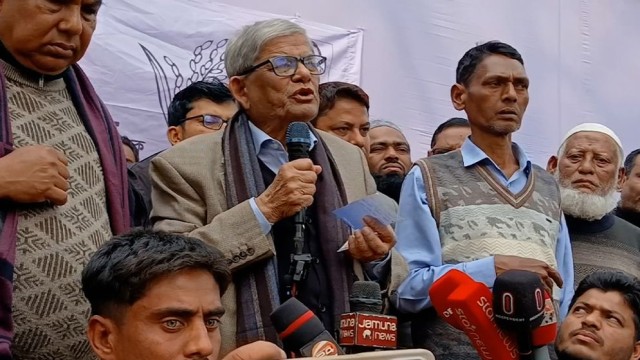

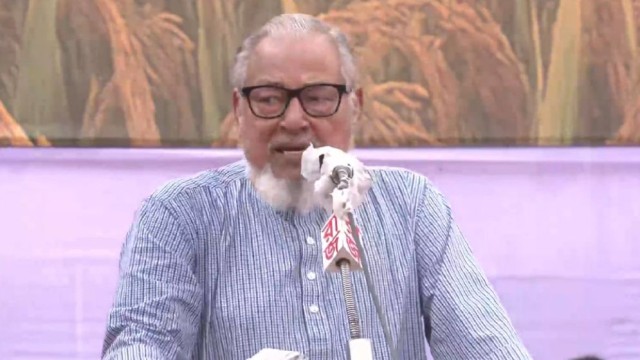

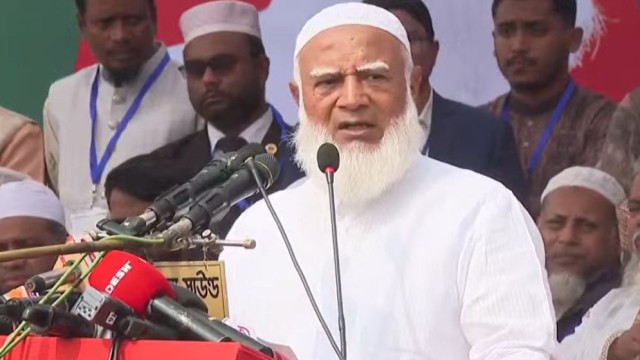






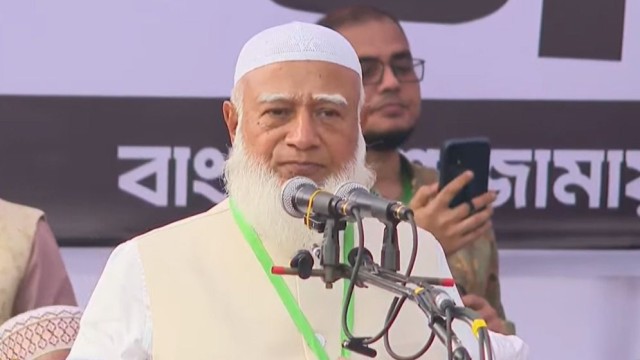
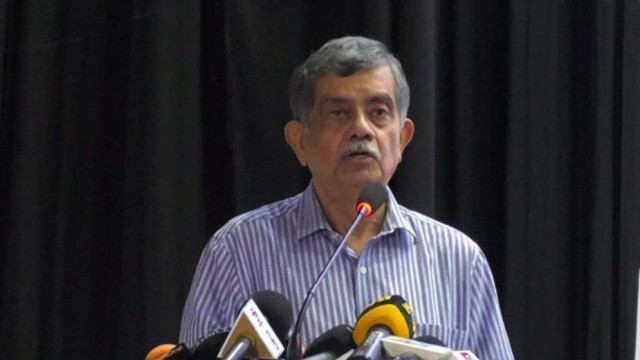
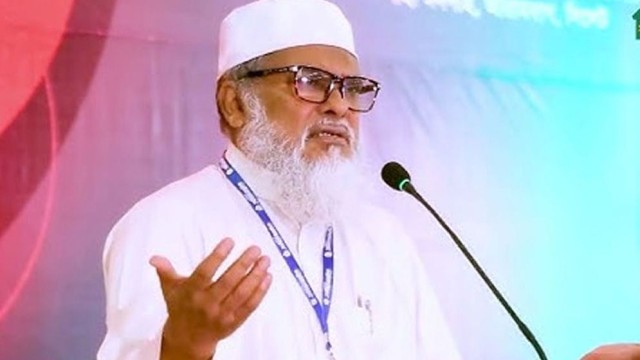

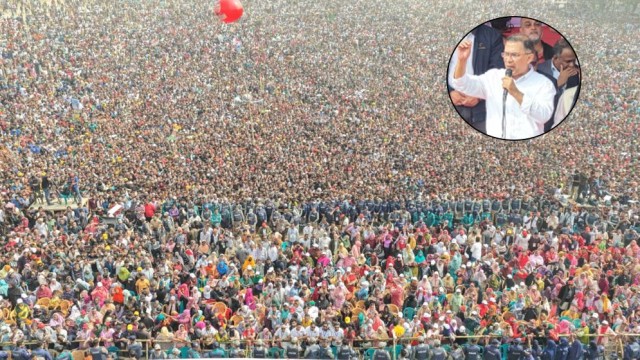


Comment: